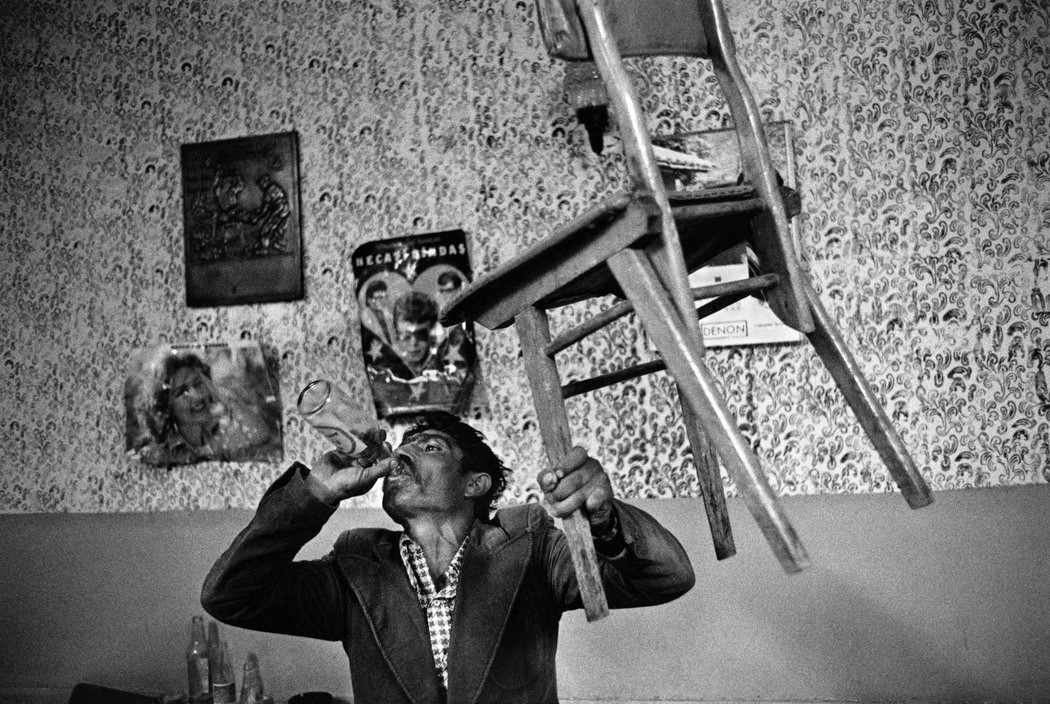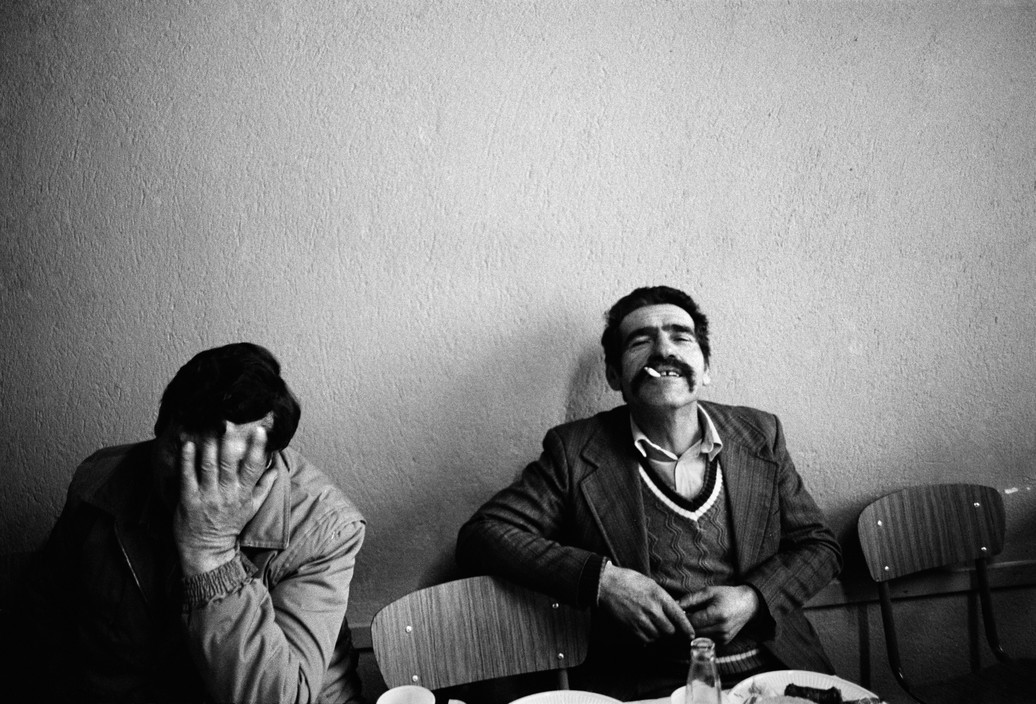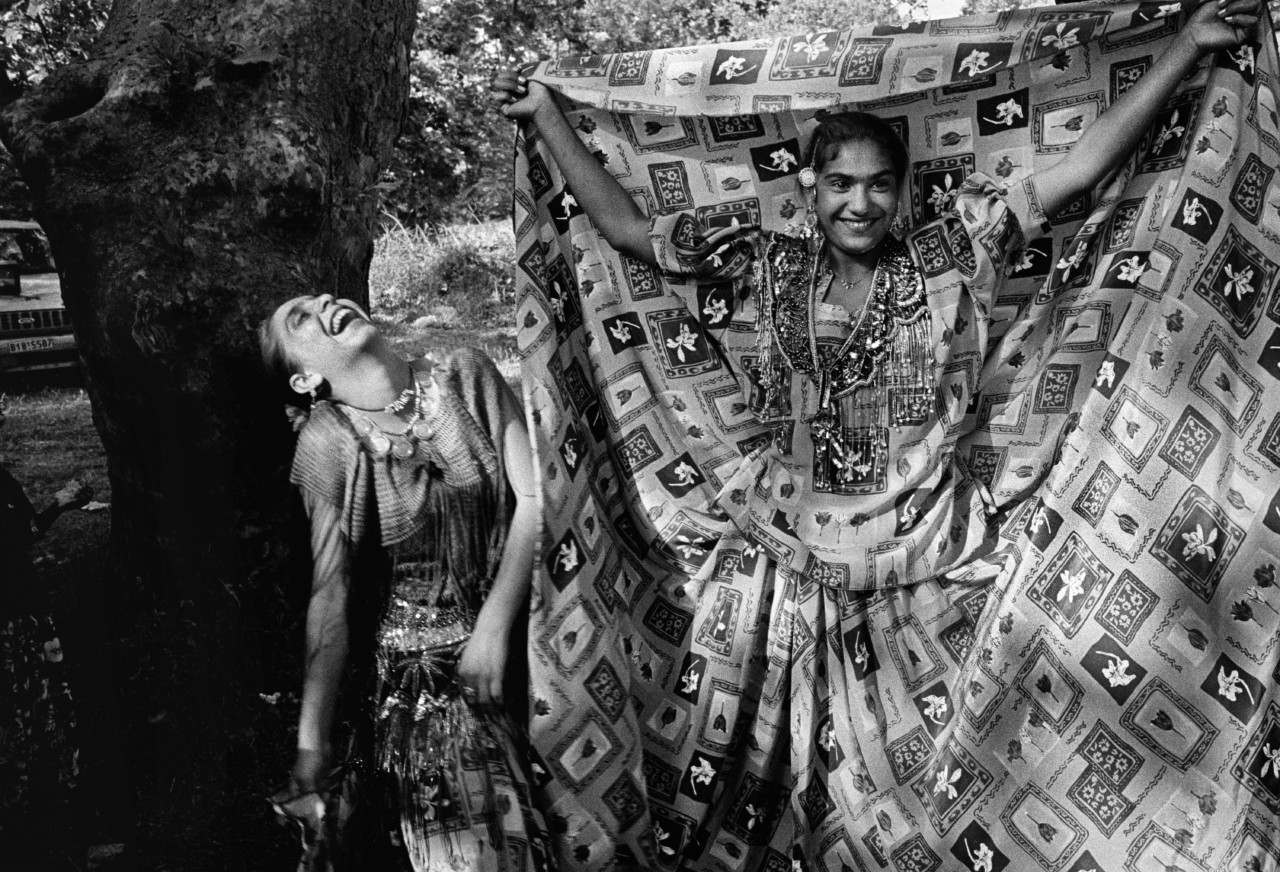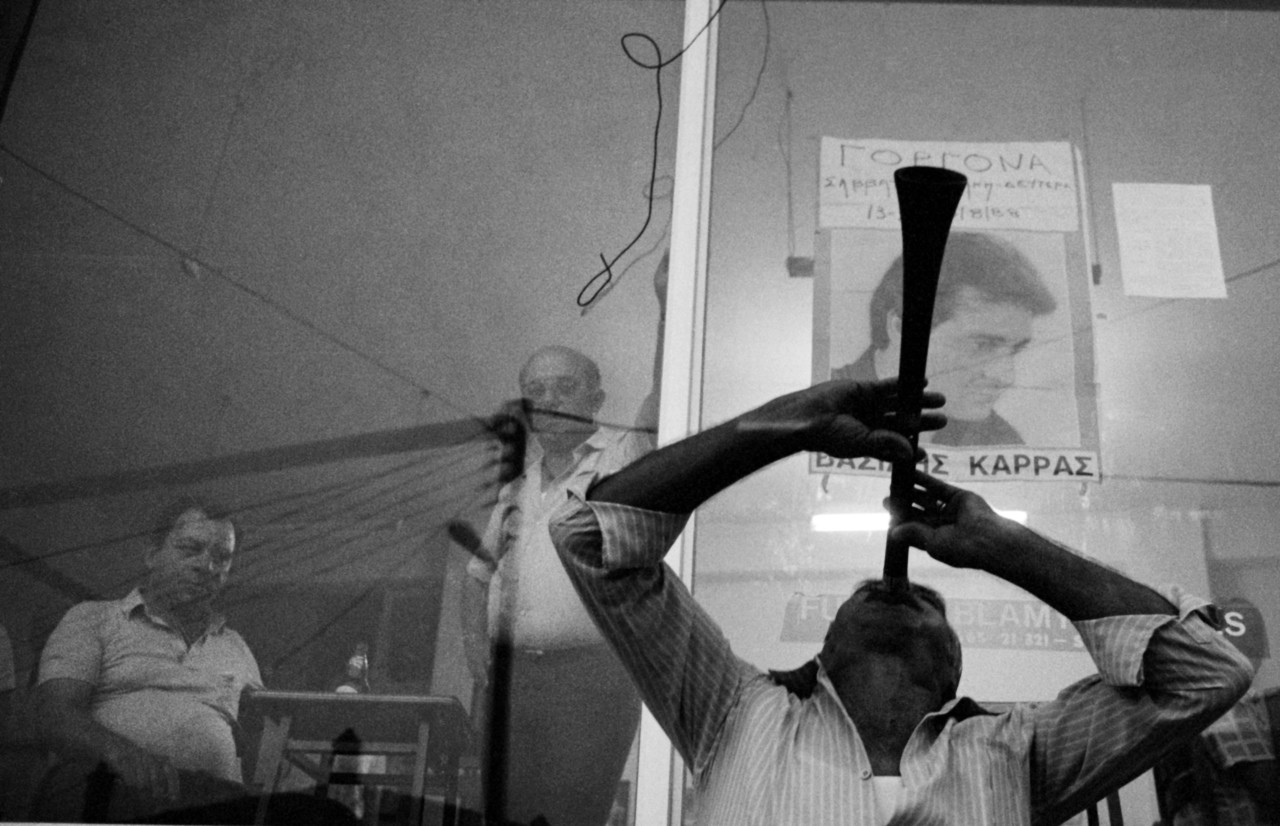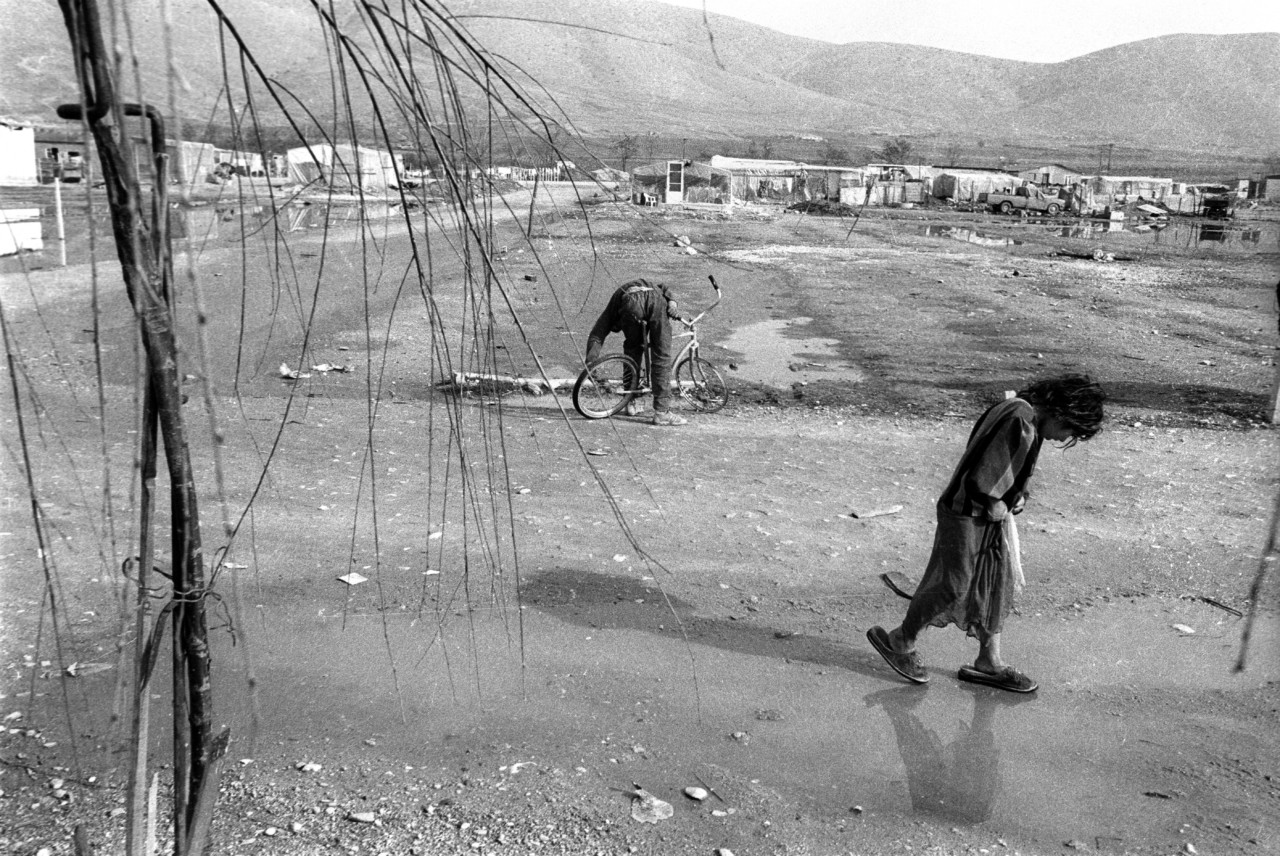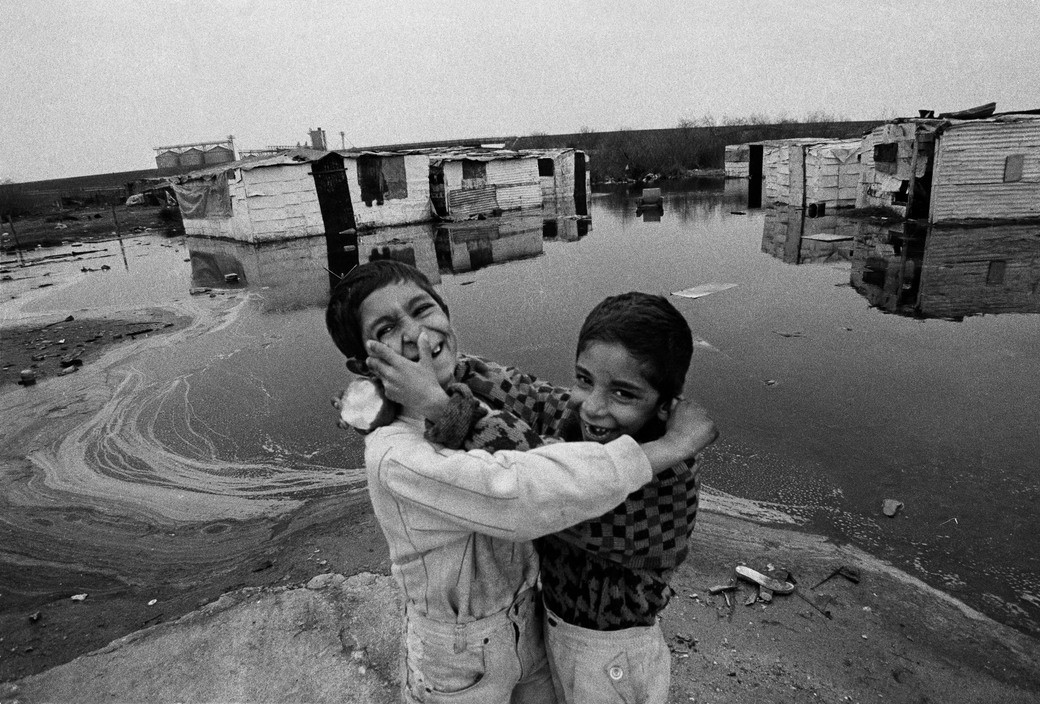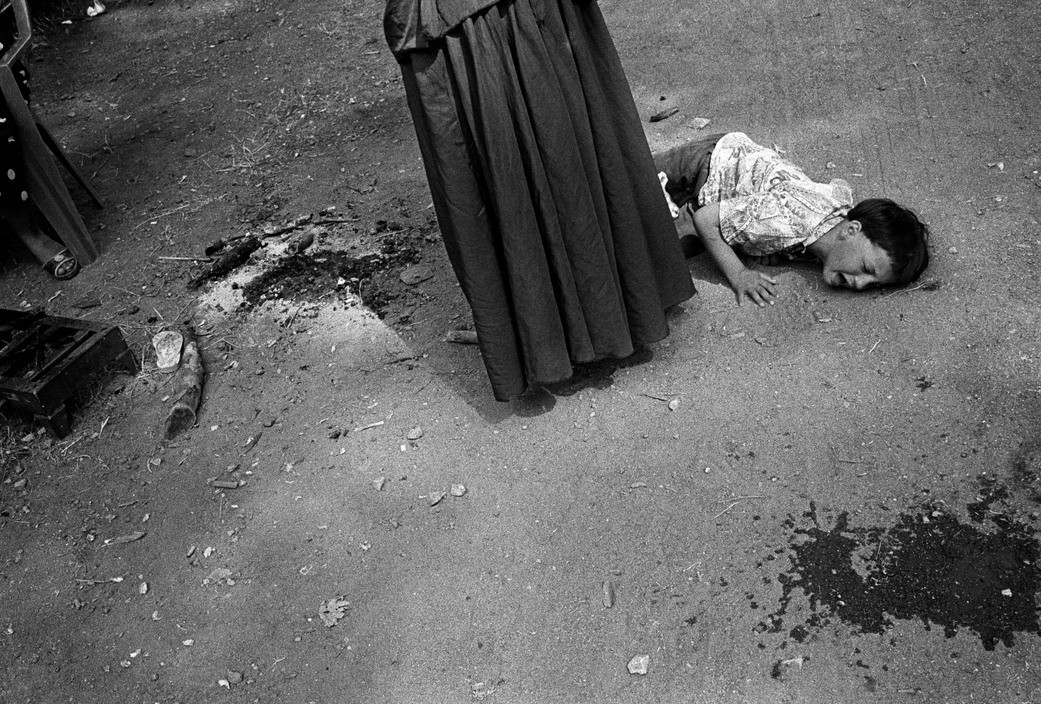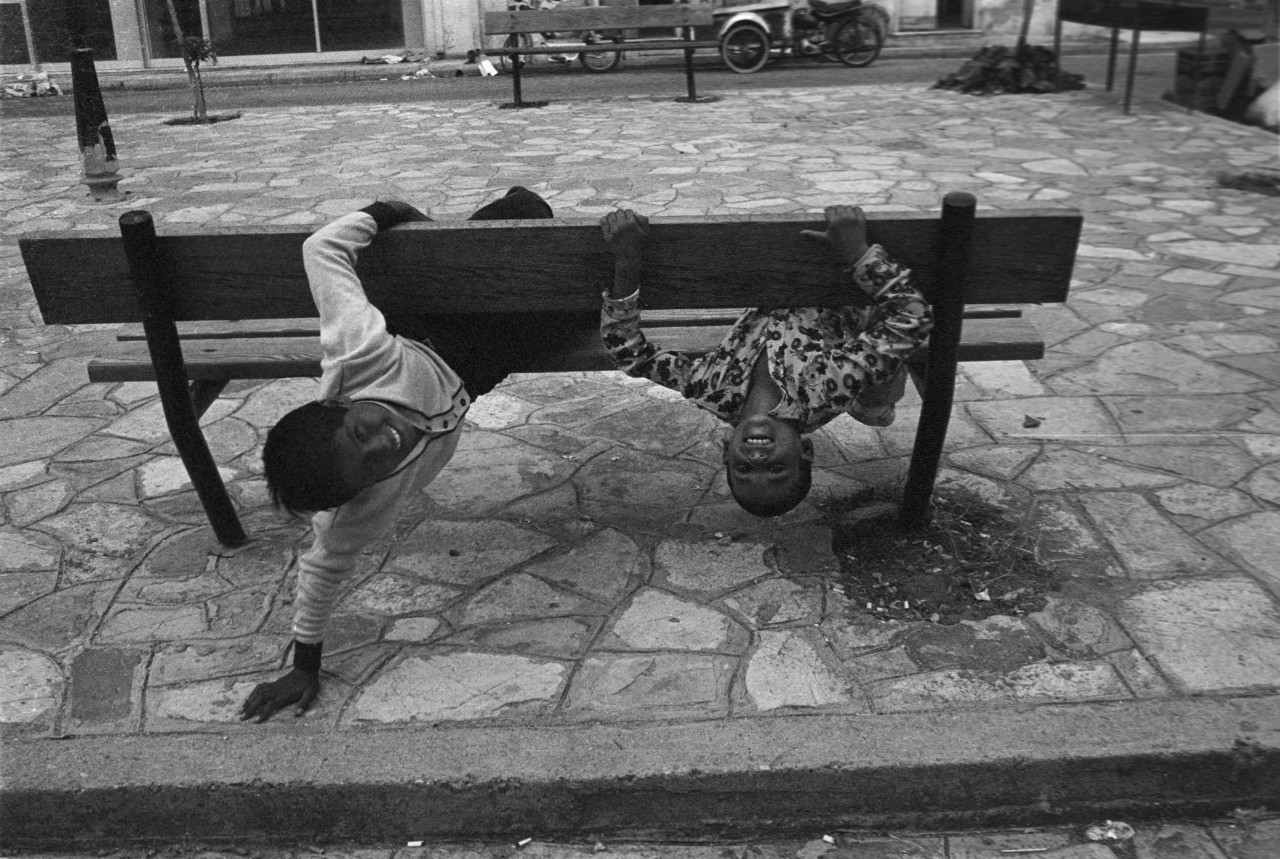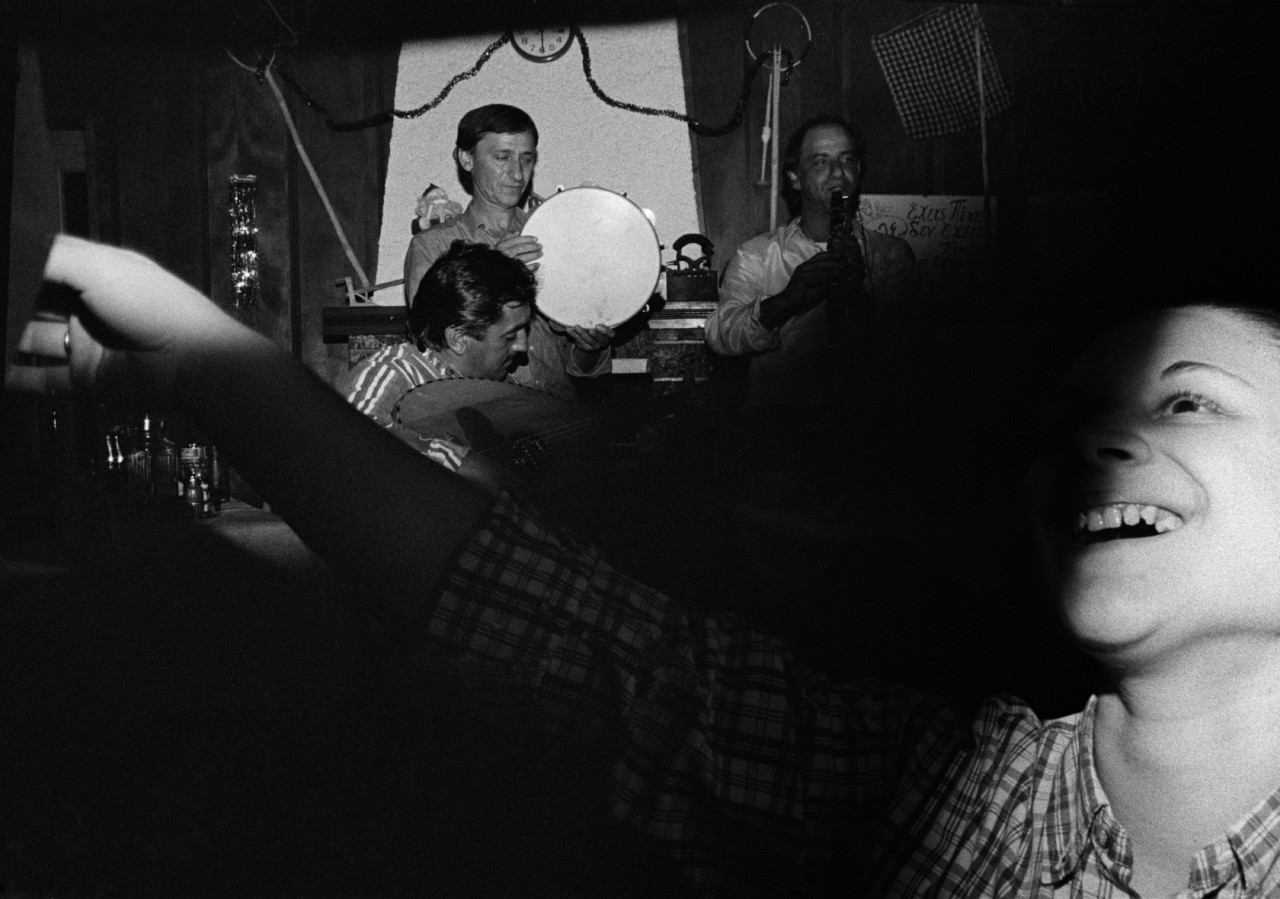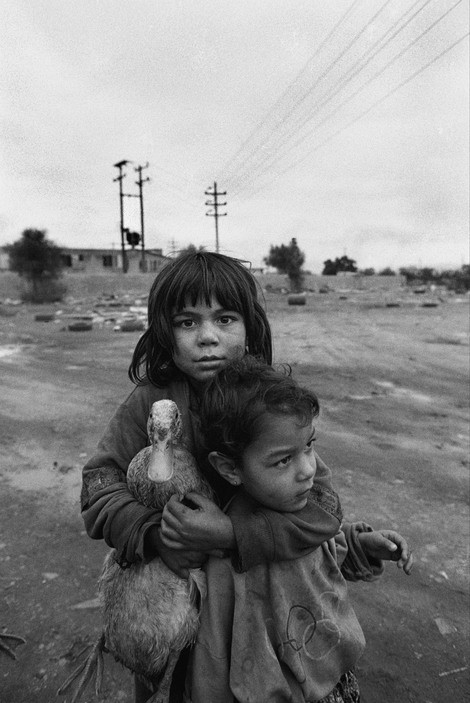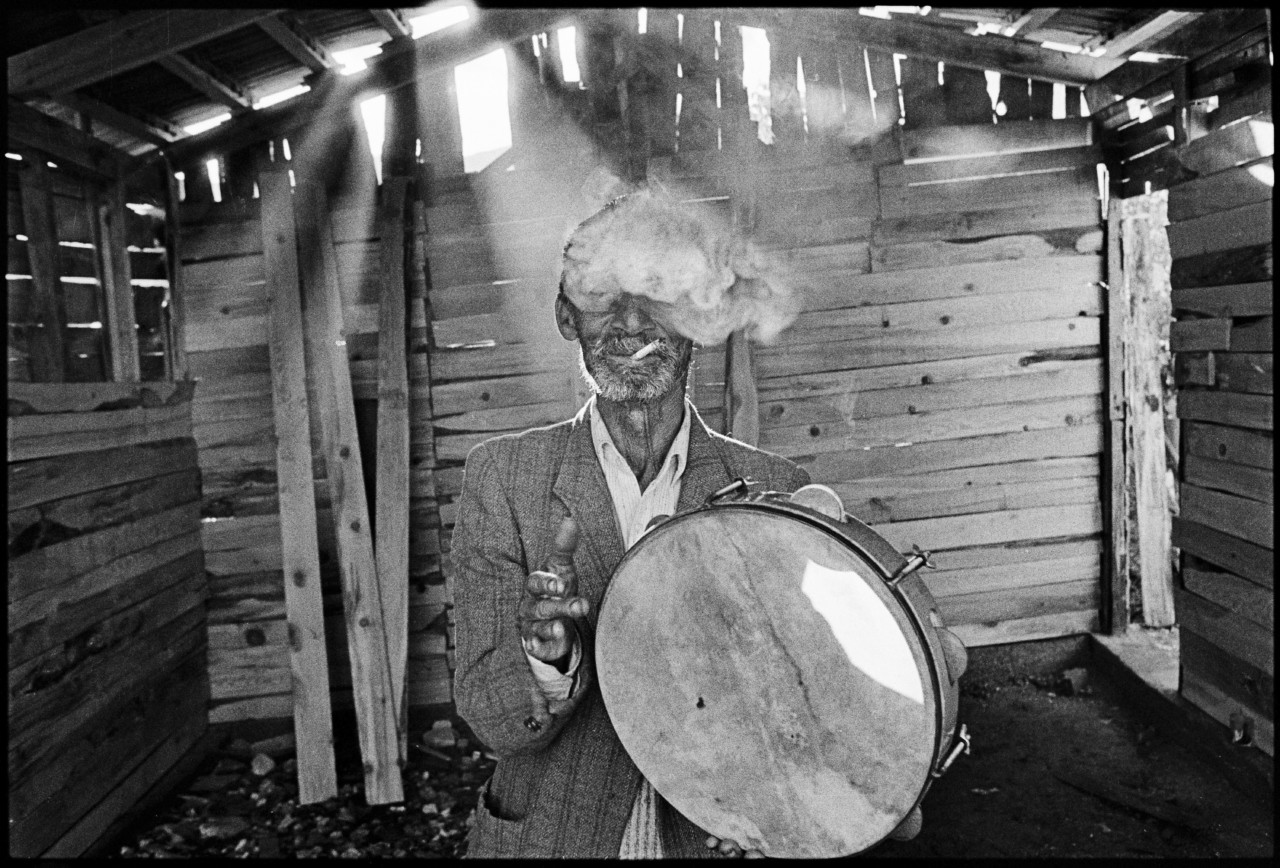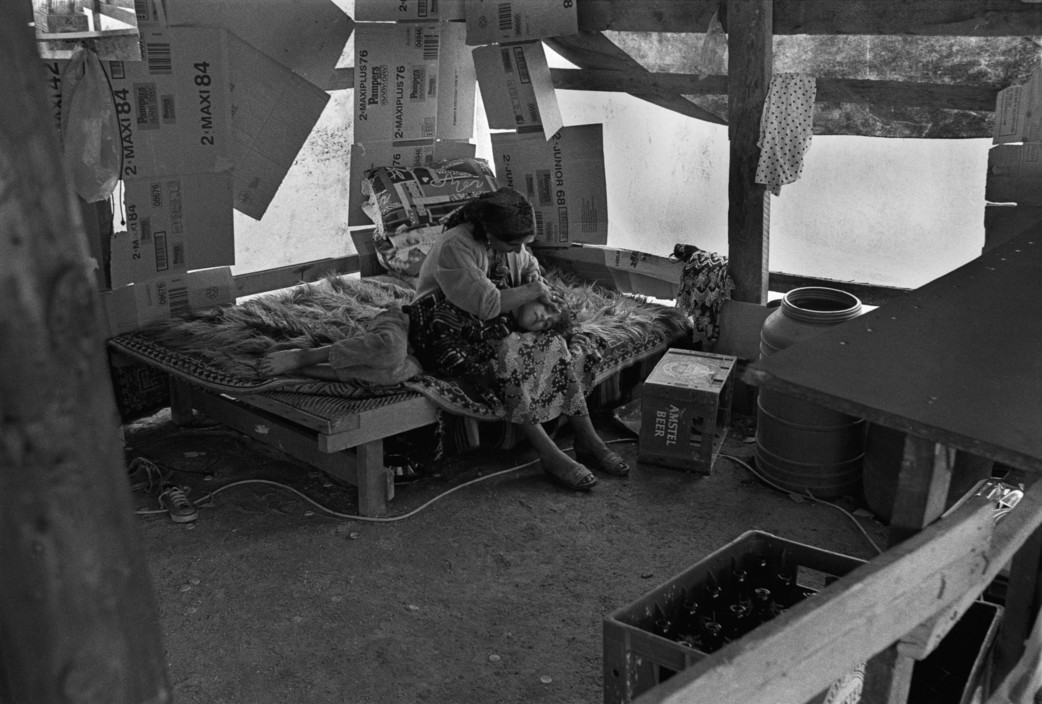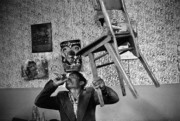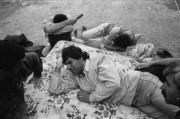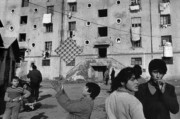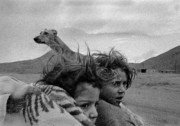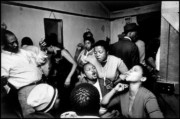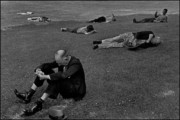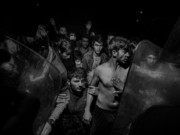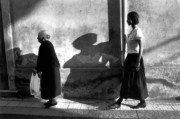Gypsies in Greece
Gypsies have long been marginalized in Greek society, often living in poverty; photographer Nikos Economopoulos captures their daily lives
Nikos Economopoulos is constantly working on a series of in-depth stories on Greece and the Balkans.
Poverty, Muslim minority and the orthodox church are some of his main themes. In his photographic panorama of contemporary Greece, the situation of the gypsies is symbolic.
A population of 300,000 facing worsening poverty with the arrival of “new” immigrants from Albania and the ex-Soviet Union, the gypsies are Greek citizens but victims of growing racism. Most gypsies live by begging, mostly women, and children, while the men are season workers or wandering musicians. There are Orthodox Christians, with the exception of 25,000 Muslims.
Most gypsies live on beggary, mostly women, and children while the men are season workers or wandering musicians. There are Orthodox Christians, with the exception of 25,000 Muslims.
Though present in Greece for centuries they were only recognized in 1979 as Greek citizens. Since then they are obliged to vote and to serve in the army. Theoretically, they have equal rights to schooling and healthcare. In reality, they live on the edge of society and on the whole remain illiterate.


